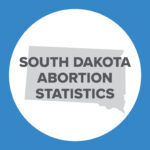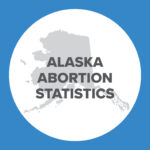Analyzing The Recent Fertility Decline in the U.S.

Last week The Washington Examiner reported on a new study released by the Carsey School of Public Policy at the University of New Hampshire. It analyzed the declining birthrate in the United States since 2007. Even though there are more women of childbearing age, the number of births has fallen from over 4.3 million in 2007 to 3.978 million in 2015 – an 8 percent decline. If the fertility rate had remained at its 2007 level, the author estimates that there would have been 3.4 million more births during the last 8 years.

The study somewhat uncritically assumes that the slow economy is responsible for the fertility decline. The slow economy may certainly be playing a role. However the relationship between the strength of the economy and fertility is complicated. Fertility rates certainly dropped dramatically during the Great Depression. However, fertility rates in the United States have been fairly stable since the early 1970s. Recessions in the early 1980s, early 1990s, and after the September 11th attacks only had marginal effects on the U.S fertility rate.
Indeed, demographics are likely playing a larger role than the author indicates. The fertility decline has not been uniform among demographic groups. Between 2007 and 2015 there was a significant decline in teen fertility. In fact, the long-term declines in both the teen pregnancy rate and teen abortion rate are important and unheralded public policy success stories. Since 2007, the fertility rate was fairly constant among women in their 30s. However, most of the decline in fertility during the past 8 years took place among women in their 20s.
Research indicates the millennial generation on average has more years of formal education, is more likely to cohabit, and is waiting longer to get married. Interestingly, some surveys find that millennials are sympathetic to the idea of large families. Possibly fertility numbers will increase once the current generation of millennials gets older.
Despite the decline, U.S. fertility rates are still considerably higher than fertility rates in Japan and many European countries. However, fertility declines in the U.S. are going to make the difficult process of reforming popular entitlements like Medicare and Social Security even more difficult. When fewer workers have to support a growing number of retiriees, these programs consume a larger share of the budget and get considerably more expensive. Policymakers would do well to take notice.
Michael J. New is a Visiting Associate Professor of Economics at Ave Maria University and an Associate Scholar at the Charlotte Lozier Institute. Follow him on Twitter @Michael_J_New.


























